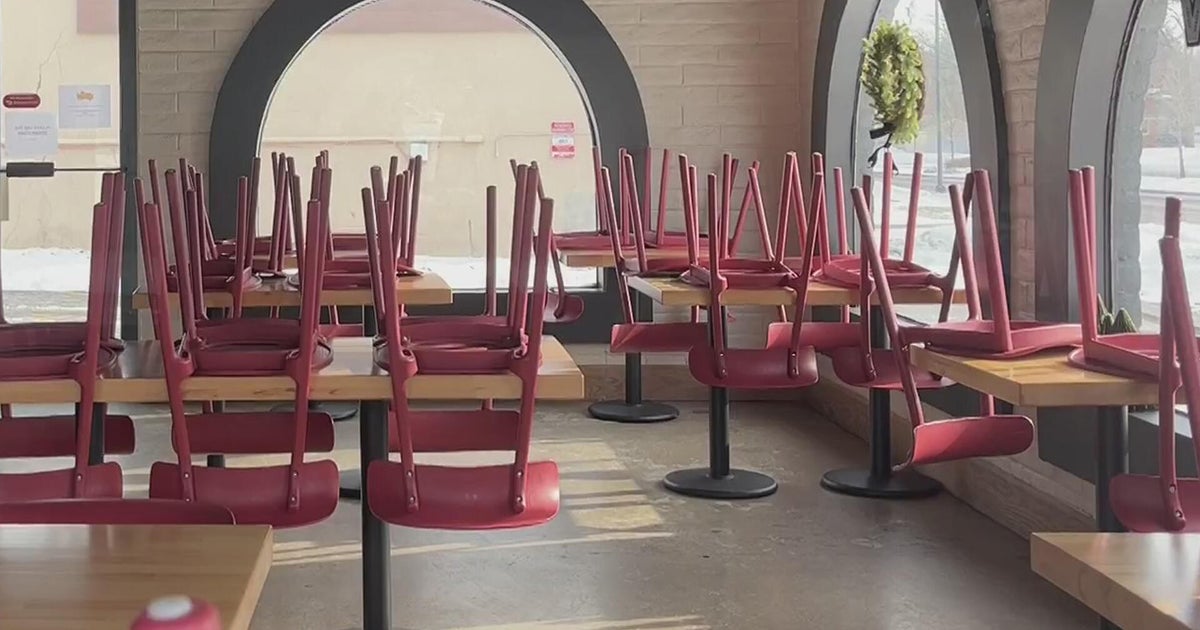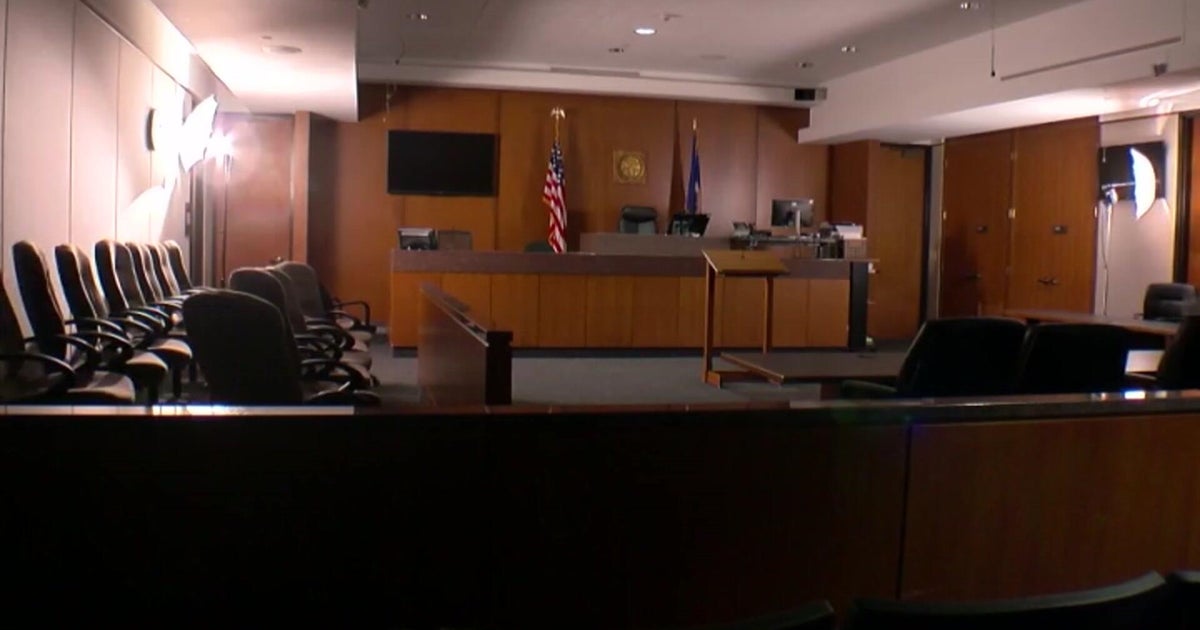'It's probably time for a bigger Chinatown:' The history of Pittsburgh's Chinatown
PITTSBURGH (KDKA) – Dating back to the late-1800s, Chinese immigrants have made a major impact on cities like Pittsburgh.
Here in the 412, they contributed to the cultural and economic fabric of communities like Chinatown.
But what happened to it?
Well, there are some who are keeping the legacy alive.
If you've ever been to the Chinatown restaurant in Downtown Pittsburgh, you may not know it's more than just a restaurant – it's a centerpiece of Pittsburgh's historic Asian-American neighborhood.
"Pittsburgh's Chinatown was never huge, it was really concentrated on a few blocks over in the area of Second and Third avenues in Downtown Pittsburgh," said Leslie Przybylek, a senior curator at the Heinz History Center.
Despite its size, it had an impact.
Pittsburgh's Chinatown grew to become a flourishing central hub for Chinese immigrants in the early 20th century – laundromats, restaurants, and other family-owned shops were thriving.
Then…the Boulevard of the Allies brought much of it to a halt.
"The decision to construct that roadway really cut right through the heart of what was Chinatown," Przybylek said.
Przybylek works at the Heinz History where many artifacts from Pittsburgh's Chinatown's heyday are housed.
"Eventually people moved out to other areas," she said. "The community, physically, largely disappeared.
That is, except for the Chinatown restaurant.
It still sits in a building built by Chinese immigrants in 1933 and the current owners, Jonathan and Wei Yee continue to maintain it today.
Jonathan's grandfather served in World War II and took over the restaurant in 1945.
Now, it's been passed down through the family even though other Chinese-owned businesses have vanished.
"The younger generation, they all have a better job," they said. "That's why they move out."
"While some may not have known there was a Chinatown in the city of Pittsburgh, the Pennsylvania Historical and Museum Commission dedicated this marker last month right in front of the Chinatown Inn, which is the last remaining business in what was known as Chinatown," Przybylek said.
"It feels great, it's fantastic," Jonathan and Wei Yee said about the designation.
The marker points out that Pittsburgh's Chinatown was one of the first concentrations of Chinese immigrants in the east, dating back to the 1870s.
Now, the Yees say more Asian-Americans are making Pittsburgh home again.
"You hardly knew anyone, there's so many people now," they said. "There's a lot of Chinese population in Pittsburgh now, it's probably time for a bigger Chinatown."
One last interesting thing: Philadelphia's Chinatown historical marker says, in the first sentence, "The only Chinatown in Pennsylvania."
Now that the same commission has recognized Pittsburgh's Chinatown, will the Philadelphia marker be changed?
KDKA has reached out to the Pennsylvania Historical and Museum Commission for comment but has not yet heard back.







